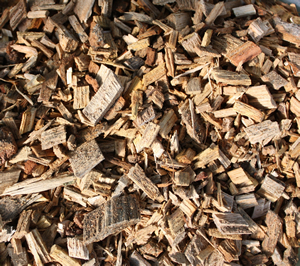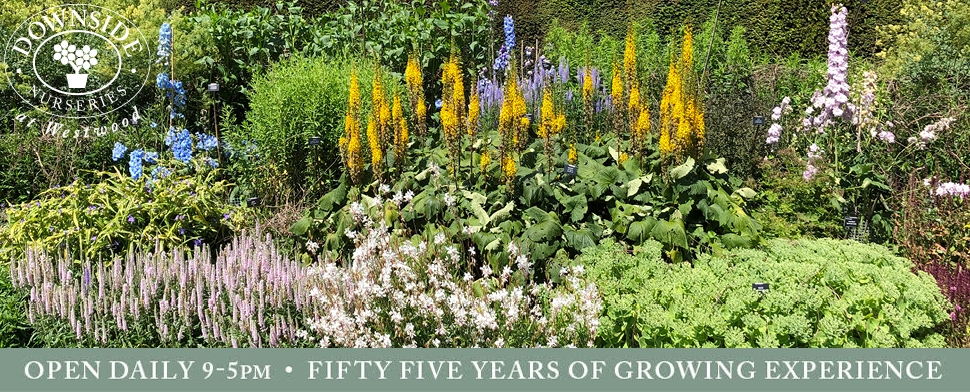Composts and Tree Barks

Farmyard manure/horticultural waste is available to our regular customers to collect all year round. There’s no charge, but we ask for donations to Wiltshire Air Ambulance. Please bring your own tools and bags (though we usually have a good supply) and note that when the ground is very wet, you can’t get a car right up to the spot so would need to use trolleys.
Composted Tree Bark or Bark Chips?
Composted Tree Bark: conserves water and suppresses weeds; use for soil improving, planting and mulching; long-lasting soil conditioner and obtained from renewable sources.
Bark Chips: conserves water and suppresses weeds; use for decorative surface on borders, paths, and hard surfaces; insulates and protects plants’ roots; from renewable sources.
A word or two about Compost
A “FAQ” is: “I want compost that does everything – which one should I buy?
The truth is there is no such thing! A quick look round the yard revealed that we have nine commercial composts in stock plus a bulk mix for herbaceous plants made to our own specification. Even then we often mix two types together to get exactly what we need for a particular crop and almost always add long-term fertilizer 6,9,12 or 18 months as appropriate.
We have a good range of retail composts, including peat free:
- Choose a fine multi-purpose for seeds and seedlings. This will not have much fertiliser so be prepared to feed later.
- Potting composts are stronger and coarser but only suitable for well-established plants.
- Hanging basket compost will contain water-retaining gel and long-term fertiliser. But do not let that stop you liquid feeding – say once a week to start with and more often in September.
- If you are potting-up a shrub which will live permanently outside, choose a compost containing soil. The clay content will help retain the important trace elements and the weight will help stop it blowing over.
- Soil containing compost also seems to give the best results for growing vegetables. We stock Michael King’s 3:2:1 – our most popular compost and very reliable. We use it ourselves sometimes.
- We will sell bags of commercial compost to keen expert gardeners – ask at the till.
Whatever compost you use, remember plants need oxygen at their roots. This is one of the vital ingredients in a compost and one you don’t pay for – air! Bags that have been stacked on pallets can become very compacted. A bit of work breaking down the lumps and fluffing it up will pay dividends.
Peat in composts
In compliance with Government guidelines, all our composts are now peat-reduced. Many of you are already using peat-free compost anyway.
It is important to realise that these new peat-free products are very different from the composts you have been used to. The main differences are that they are less water retentive and hold nutrients less well. This means more frequent lighter waterings and regular use of liquid feed or incorporating a slow-release fertilizer. Many liquid feeds recommend a once-a-week strong application. This is a bad idea anyway as if the plants should dry out the roots can get burnt. With non-peat composts, the feed will simply run through unused (which is bad for the environment). A frequent dilute feed is always best.
It is good practice to re-use compost where possible as long as you are happy that it is free from pests and diseases. Add some general-purpose fertilizer and mix in a little fresh compost and that will be fine.
Homemade compost is excellent stuff – full of organic matter – and water-retentive! If you have made it properly the weed seeds will have been killed. It makes wonderful mulch but, remember, if you are going to use it as a growing medium, it has very little in the way of nutrients. It should be fine for seeds as they need a low nutrient medium. Many species will not germinate in the presence of fertilizer. A trace of phosphate for the roots is all that is needed. Be sure to mix some fertilizer in if you are using it for potting.



